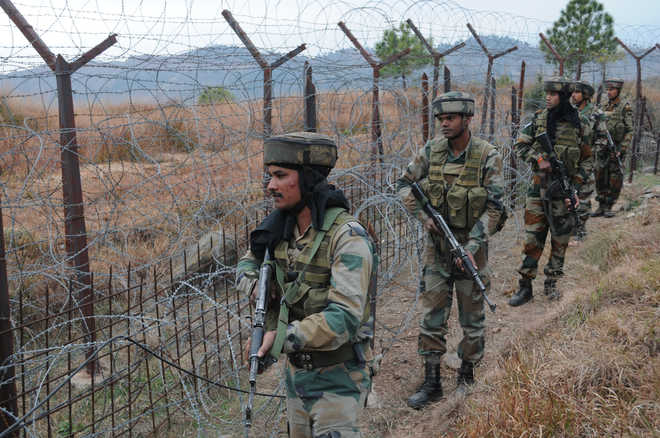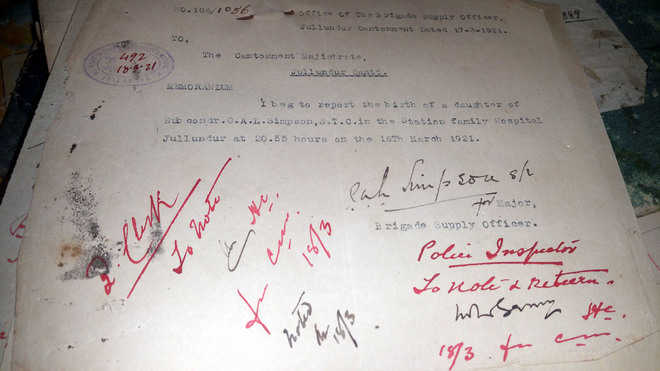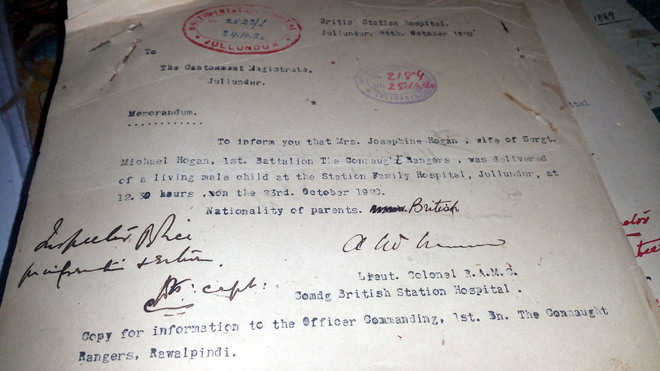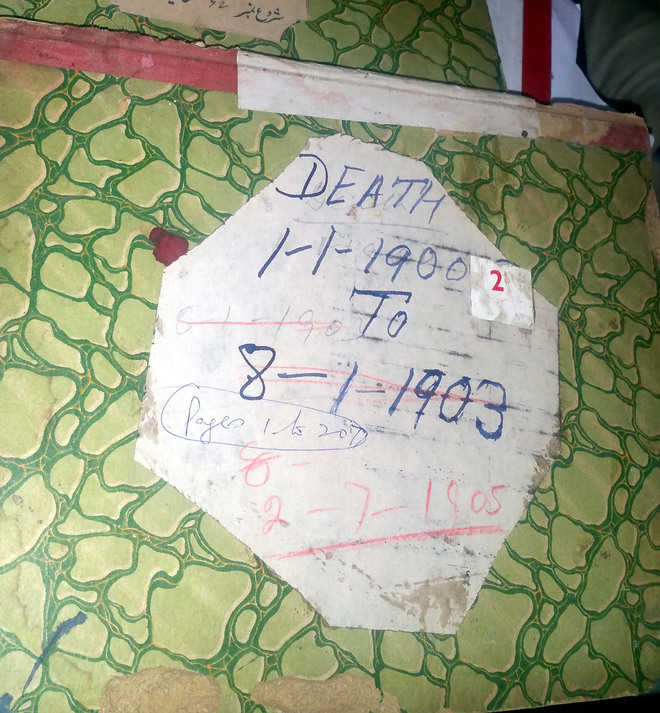The IAF’s authorised strength of 42 fighter squadrons “is the minimum strength necessary to dominate a two-front conflict”, Air Chief Marshal Dhanoa said.
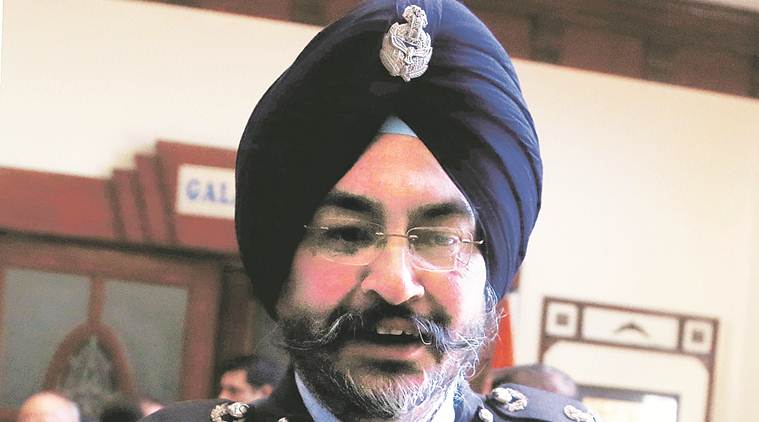
The IAF’s authorised strength of 42 fighter squadrons “is the minimum strength necessary to dominate a two-front conflict”, Air Chief Marshal Dhanoa said.
Highlighting the shortfall in the number of fighter squadrons in the IAF as a challenge to “dominat[ing] a two-front conflict”, Air Chief Marshal B S Dhanoa has said “it is akin to a cricket team playing with seven players instead of 11”. The Chief of the Indian Air Force also said that while the IAF is ready for the use of air power against Pakistan in response to a terrorist attack, it is an option that has to be exercised by the government.
In a candid and wide-ranging interview to The Indian Express, the Air Chief asserted that the IAF has the capability, and is in a position to strike against the Maoists, as and when it is cleared to do so by the government — but that he does not envisage any air attacks in India’s own territory.
The IAF’s authorised strength of 42 fighter squadrons “is the minimum strength necessary to dominate a two-front conflict”, Air Chief Marshal Dhanoa said. The IAF currently has 32 fighter squadrons, and is tasked with tackling a two-front collusive threat from China and Pakistan.
The “reduced numbers place a severe handicap akin to a cricket team playing with 7 players instead of 11,” Air Chief Marshal Dhanoa said. “Though we are operating under challenging conditions, we have devised mitigating strategies,” he added.
“IAF’s plans of prosecuting a two-front scenario with available resources are based on a judicious force employment philosophy. Once the strengths and capabilities are augmented, we would be in a better position to overcome our combat differential and be in a position to dominate the air space,” he said.
Asked whether the IAF had given options to the government about some kind of an “aerial surgical strike” inside Pakistan occupied Kashmir (PoK), the Air Chief said: “The use of air power in response to heinous acts or terrorist attacks is an option that is to be taken by the government. IAF is prepared for any eventuality.”
The situation on the Line of Control (LoC) has been tense over the past several weeks, particularly after two Indian soldiers were killed and beheaded last month by a Pakistan Army Border Action Team. Last year, special forces of the Army had launched surgical strikes in PoK after 19 soldiers were killed in a terror attack at Uri. The IAF was not used in that operation.
On the possible use of air power against the Maoists, Air Chief Marshal Dhanoa said: “Our roles are restricted to providing intelligence and surveillance to the forces on ground. We use the RPAs [remotely piloted aircraft] extensively in these operations for intelligence collection, as well as helicopters, mainly for speedy movement of forces between area of operations, and casualty evacuation. As far as terrorist threats are concerned, we do not envisage carrying out air attacks on our territory, to prevent any sliver of possibility for collateral damage. But we have the capability, and are in a position to strike as and when we are cleared to do so by the government.”
The IAF chief also stated his objections to the proposal to establish Integrated Theatre Commands of the Army, Navy and the IAF: “You could argue that this concept is worth attempting if we had older types of air assets whose reach was limited, for which they would have to be placed in specific locations and concentrate their efforts to achieve the military objectives in a sector.
“But with our modern acquisitions, it is possible now to exploit the agility and reach of our platforms to near simultaneously affect the battles on the two fronts, and meet the objects of war. Air power needs space for manoeuvre to exploit its varied characteristics of surprise, shock and speed. If restricted to one sector, the potential of this arm of the military will not be optimally exploited and thus, the Air Force desires to have independence for execution so that the purpose of conflict is best served.”
The Air Chief, however, came out in support of a Permanent Chairman, Chiefs of Staff Committee, who “would thus be the fourth four-star officer who would also be responsible for the various Tri-Service Commands. The Service Chiefs however, will continue to exercise operational control and training over their respective Services and have direct access to RM [Raksha Mantri, or Defence Minister].”
The issue, he said, is still under consideration of the political leadership.





















































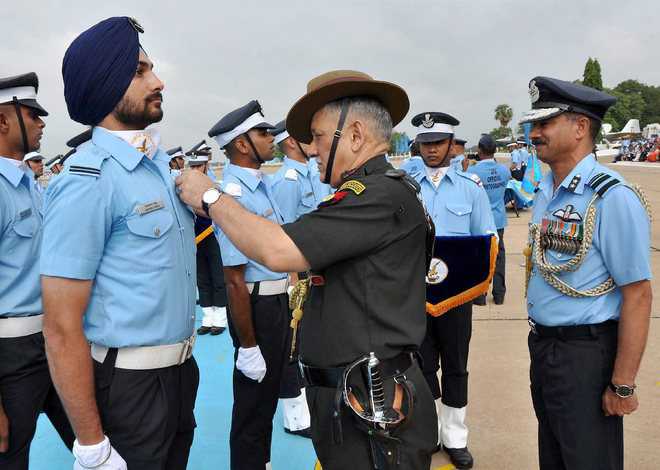
 AP
AP HT PHOTOS
HT PHOTOS
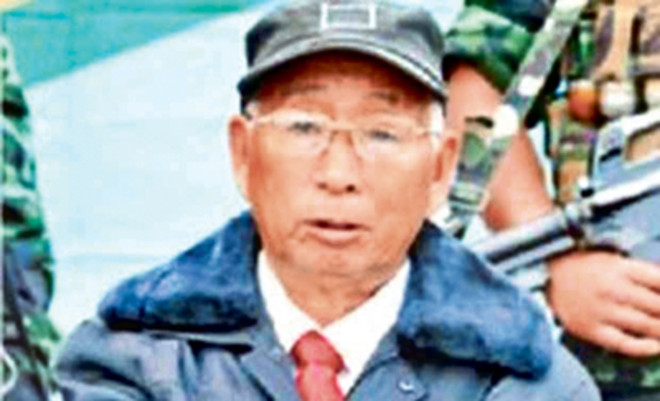

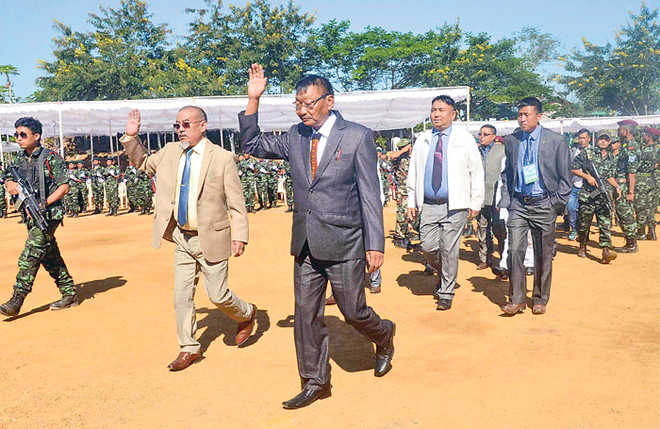
 HT PHOTO
HT PHOTO

